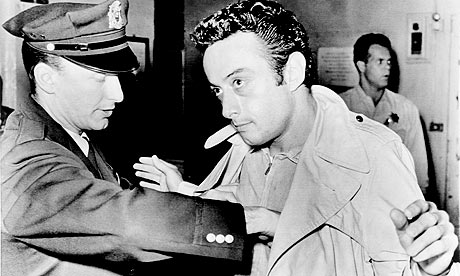Truth be told, Hanukkah is a strange holiday. It is framed as the commemoration of the victory of the Macabees over the Seleucid King Antiochus Epiphanes and his forces, but it is really about a zealous family that won a Jewish civil war and then became so delusional by its own power that it self destructed and fell to the Romans. It is also framed as the holiday of the miracle of the oil that burned for eight days at the rededication of the Temple in Jerusalem. And, during the time of the Winter Solstice, people all over the northern hemisphere celebrate light, which is why Hanukkah is the festival of Lights, thus the rabbinic greeting Chag Urim Sameach – Happy Lights Holiday.
While each of these stories warms our hearts, spinning the nice parts of our history, believing that God intervenes in history and celebrating light in its absence, there is something wildly absurd and beautiful about it. The question I’d like to raise is whether this is an inherently good thing. Is it good to delude ourselves about our historical narrative? Is it beneficial for us to believe that there is someone in heaven looking out for our interests? Should we really celebrate that thing we long for so badly when we are at our furthest moment in time from its presence in our lives?
The rabbis seem to have created the miracle of the oil with good insight into human psychology. Here they were defeated in the promised land with the potential of exile hanging over their heads, and they offer a story that fits our psyche perfectly; someone up there is looking after you and can intervene to your benefit. I can’t think of a better suited epistemology for a battered people who have lost all semblance of power and control over their lives. Kudos to our sages.
Ben Gurion, Israel’s first prime minister, however, was also prophetic in his resurrection of the Macabee story. In those days, in this time, there were tough Jews who lived in this (that) land, and “We can be like them.” Ben Gurion left the continuation of the narrative on the cutting room floor. I’m not sure that this was as clever as the rabbis. Ignoring the addiction to power and its negative impact on Jewish society has not been, “good for the Jews.” Instead of learning from the zealotry of Mattathias and the Hasmoneans, we should take a lesson from Hillel about humility and presenting the argument of our adversaries before our own. What Israel can use now is a lesson about light, which the last message of our holiday.
Light has this incredible presence. You don’t actually see it, but it illuminates what is present in your path, thus it removes obstacles. The early pioneers of Israel were brilliant about removing those stumbling blocks that prevented our people from achieving our collective goals for humanity; justice and peace. The founders of Israel sought to create a great society that would shed a light onto the nations. Somehow, along the way we decided to become a “normal” country. Normal countries don’t share light, nor do they seek peace and justice. They do what President Richard Nixon was, at least, honest enough to admit, “We’re in it for national self-interest.”
National self interest is not the Jewish way. Our aspirations are for the world God created, not merely ourselves. Again, returning to Hillel, “If [we] are not for ourselves, who will be for us? If [we] are only for ourselves, what are we? And if not now, when?” Hanukkah is a time we created for optimism, and I am full of hope that we can take inspiration from this holiday to return to our Jewish dream; peace, justice and our role as a light for the nations.
















